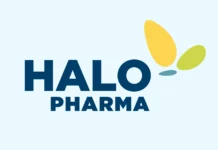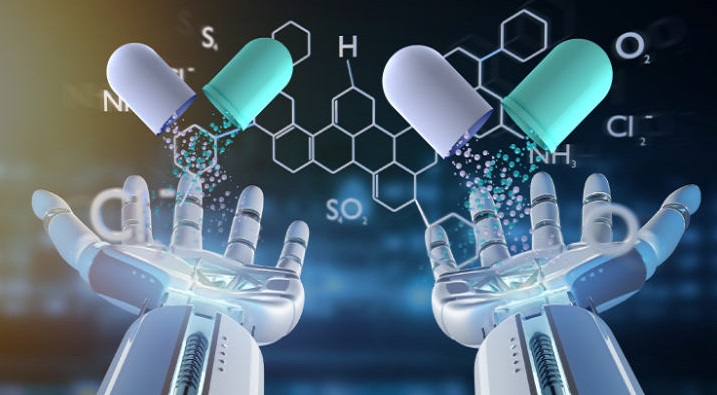The fields of artificial intelligence (AI) and biotechnology are experiencing rapid advancements, and their convergence is expected to create significant opportunities in the future. The application of AI in biotechnology has the potential to accelerate drug discovery, provide precise analytics, enable accurate medical diagnoses, facilitate gene editing, and develop personalized medicine, among other possibilities.
Google Cloud recently unveiled two groundbreaking AI-driven solutions for the life sciences industry, designed to accelerate drug discovery and improve precision medicine for stakeholders like pharmaceutical companies, biotech firms, and public sector organizations. AI’s ability to analyze large datasets can uncover hidden patterns and relationships, aiding in the identification of new drugs and targets, as well as optimizing current therapies.
While North America currently dominates the global drug discovery market, new players are emerging in this space with AI-based tools. For example, Insilico Medicine, a startup based in the US and Hong Kong, is combining quantum computing and generative AI to explore lead candidate discovery in drug development. Their work demonstrates the potential advantages of quantum generative adversarial networks in generative chemistry. In another instance, an AI-powered protein structure database was utilized to discover a novel treatment pathway for liver cancer. Remarkably, they were able to create a potential drug within just 30 days.
In India, Molecule AI, a startup based in New Delhi, is developing an innovative AI-based software platform for drug discovery. Their platform, Molecule GEN, focuses on data engineering and generative AI models and offers modules for drug-target screening, molecule design, drug pathway investigation, and drug toxicity evaluation. Molecule AI researchers are currently working on drug discovery for neurodegenerative diseases, repurposing drugs for optic diseases, and optimizing pain relief with reduced side effects.
The presence of such players in India is significant as the country has yet to make a mark in the field of drug discovery compared to global counterparts like the USA, China, and Japan. The ICMR has recently released ethical guidelines for the application of AI in biomedical research and healthcare. These guidelines provide a framework for ethical decision-making during the development, deployment, and adoption of AI-based solutions.
In India, both AI and biotechnology are rapidly growing fields, and it is anticipated that the convergence of these fields, along with the digital and bio-economies, will contribute to India’s target of achieving a $30 trillion economy by 2047. However, as with any emerging technology, the convergence of AI and biotechnology also brings new risks. It is crucial for the entire ecosystem to understand and address these risks and rewards to foster collaboration and information sharing among industry players, irrespective of geographical limitations, for a common and stronger purpose.




















